Presentation at India-ASEAN Partnership@25
Ambassador Rajiv Bhatia, Distinguished Fellow, Gateway House gave a presentation on ‘Regional and Bilateral Co-operation’ at the Conference on India-ASEAN Partnership@25, New Delhi
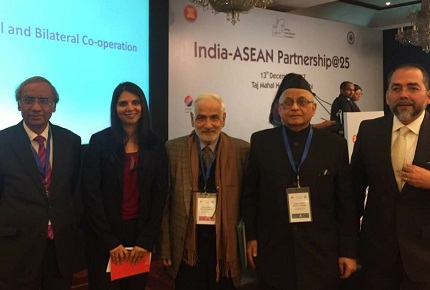 Courtesy:
Courtesy:
Ambassador Rajiv Bhatia, Distinguished Fellow, Gateway House gave a presentation on ‘Regional and Bilateral Co-operation’ at the Conference on India-ASEAN Partnership@25, New Delhi
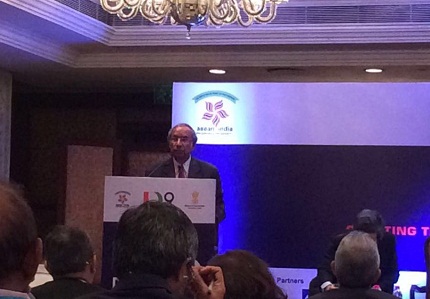 Courtesy: Arjun Chawla
Courtesy: Arjun Chawla
This speech was delivered by Rajiv Bhatia, Distinguished Fellow, Foreign Policy Studies, Gateway House, at the Delhi Dialogue 9, for the session on Regional Geopolitics: Great Power Politics in Asia -Pacific in Delhi on 4 July
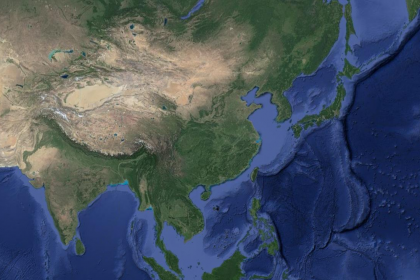 Courtesy: Google Maps
Courtesy: Google Maps
Hopes of a close partnership between the U.S. and India, as expressed at the Modi-Trump Summit, will have repercussions on East Asia. Will the region see peace or exacerbated conflict between China and all the nations opposed to its domination?
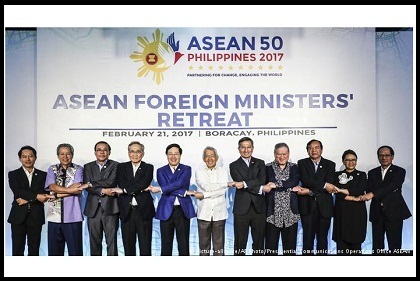 Courtesy: Deutsche Welle
Courtesy: Deutsche Welle
This regional grouping of 10 nations, which observes its golden jubilee year in 2017, has come a long way from the Cold War era when it was founded, making a significant contribution to peace, security and prosperity. Now, its future prospects and “centrality” look uncertain amidst the region’s changing geopolitics
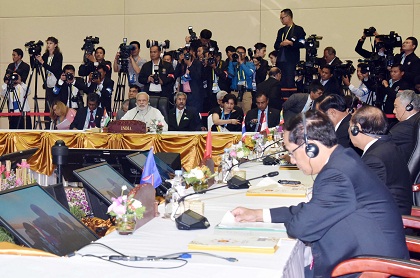 Courtesy: MEA/flickr
Courtesy: MEA/flickr
The year 2017 may change some equations in the East Asian region. Will the near parity that the U.S. and China currently share turn into a keener contest? Will strained relations between India and China persist? Donald Trump’s election as the next U.S. president casts the spotlight squarely on these inter-state relationships
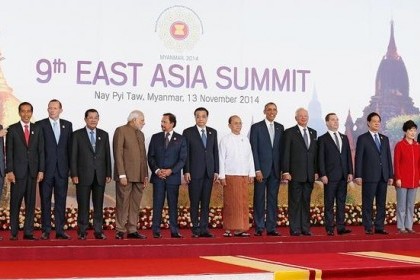 Courtesy: Russian Government
Courtesy: Russian Government
At a time when New Delhi is beginning to not just ‘Look East’ but also ‘Act East’, and when parallel integrative processes are underway globally, including the ASEAN-led process, the incipient China-led process and the U.S.-led TTP, India and ASEAN could together produce a brilliant new era of Asian integration
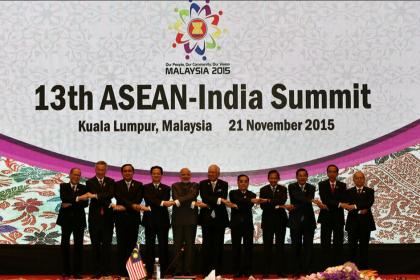 Courtesy:
Courtesy:
In two years, the Modi government’s Act East Policy has gone well beyond the focus on economic ties of its predecessor, the Look East Policy. It has made progress on many wider fronts, including connectivity and defence collaboration. India must now build on this success and further consolidate relations and trade links with ASEAN and beyond

Ambassador Rajiv Bhatia participated as a panelist at edition VIII of the Delhi Dialogue hosted by IDSA.
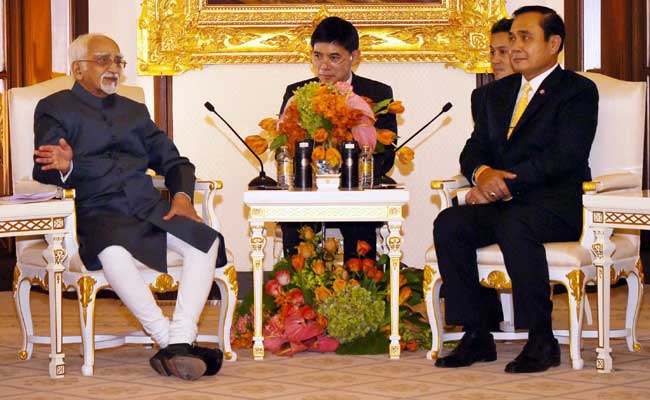 Courtesy: PTI
Courtesy: PTI
Vice President Ansari’s recent visits to Brunei and Thailand provided further clarity to the Act East Policy while advancing its implementation. He effectively showcased that the rationale for a strong India-ASEAN strategic partnership is sharper than before.
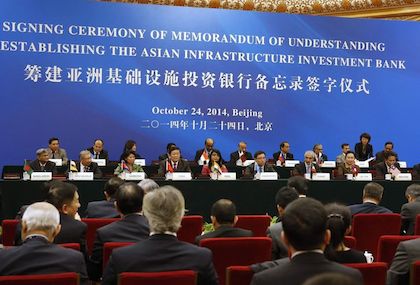 Courtesy: file photo/Xinhua, Wikipedia
Courtesy: file photo/Xinhua, Wikipedia
The AIIB is a step along a path that started with the Asian financial crisis, which defined ASEAN’s views about the U.S.’s commitment to the region. Although the bank may signal the rise of China, it is also a coming together of Chinese and ASEAN goals—ASEAN’s focus on infrastructure for growth requires another source of finance, and this forecasts its strong relationship with the AIIB